BSc in Applied Mathematics Moscow Institute of Physics and Technology
Department of Control and Applied Mathematics
Thesis: Accelerated Directional Searchs and Gradient-Free Methods with non-Euclidean prox-structure
Advisor: Alexander Gasnikov
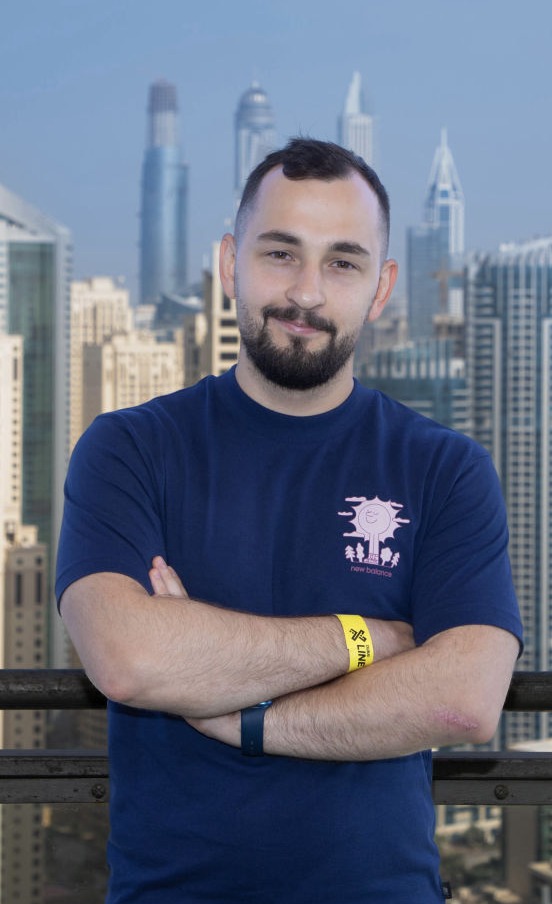
If you are willing to join/visit my group at MBZUAI, please check this page.
I am a Tenure-Track Assistant Professor of Statistics and Data Science at MBZUAI. My research interests include Stochastic Optimization and its applications to Machine Learning, Distributed Optimization, Derivative-Free Optimization, and Variational Inequalities.
Previously, I was a research scientist at MBZUAI (where I worked before as a postdoc), hosted by Samuel Horváth and Martin Takáč. Before joining MBZUAI, I worked as a junior researcher at MIPT and as a research consultant (remote postdoc) at Mila in the group of Gauthier Gidel. I obtained my PhD degree at MIPT, Phystech School of Applied Mathematics and Informatics, where I worked under the supervision of professors Alexander Gasnikov and Peter Richtárik.
In 2019, I got the Ilya Segalovich Award (highly selective).
Action Editor at TMLR (from 2024).
Area Chair at NeurIPS (2025)
Google Scholar
ResearchGate
arXiv
X (Twitter)
CV
E-mail: eduard.gorbunov@mbzuai.ac.ae
Sep 2014 - Jul 2018
Department of Control and Applied Mathematics
Thesis: Accelerated Directional Searchs and Gradient-Free Methods with non-Euclidean prox-structure
Advisor: Alexander Gasnikov
Sep 2018 - Jul 2020
Phystech School of Applied Mathematics and Informatics
Thesis: Derivative-free and stochastic optimization methods, decentralized distributed optimization
Advisor: Alexander Gasnikov
Sep 2020 - Dec 2021
Phystech School of Applied Mathematics and Informatics
Thesis: Distributed and Stochastic Optimization Methods with Gradient Compression and Local Steps Advisors: Alexander Gasnikov and Peter Richtárik
Links: slides and video of the defense
Aug 2017 - Oct 2019
Researcher at Peter Richtárik's group
Feb 2018 - Jun 2019
Teaching assistant for the following courses: Algorithms and Models of Computation, Probability Theory
May 2019 - Aug 2019
Intern in Media Laboratory (research, C++ programming)
Aug 2019 - Jul 2020
Researcher
Nov 2019 - Apr 2020
Junior researcher at Department of Mathematical Methods of Predictive Modelling
Feb 2020 - Dec 2020
Junior researcher at Laboratory of Numerical Methods of Applied Structural Optimization
Feb 2020 - Dec 2020
May 2020 - Aug 2022
Junior researcher at Laboratory of Advanced Combinatorics and Network Applications
May 2020 - Dec 2021
Research Assistant at International Laboratory of Stochastic Algorithms and High-Dimensional Inference
Sep 2020 - Jan 2022
Junior researcher at the joint Lab of Yandex.Research and Moscow Institute of Physics and Technology
Feb 2022 - May 2022
Research consultant at Mila, Montreal
Group of Gauthier Gidel
Sep 2022 - Mar 2024
Postdoctoral Fellow at MBZUAI, Abu Dhabi
Groups of Samuel Horváth and Martin Takáč
Apr 2024 - Jul 2025
Research Scientist at MBZUAI, Abu Dhabi
Groups of Samuel Horváth and Martin Takáč
Aug 2025 - Now
Assistant Professor of Statistics and Data Science
(Tenure-Track)
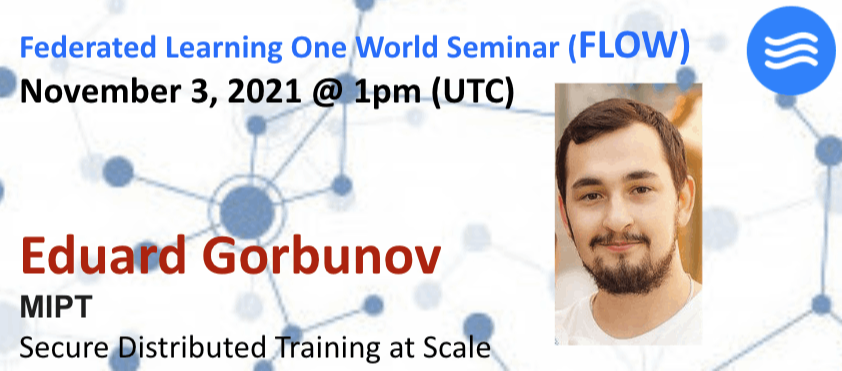
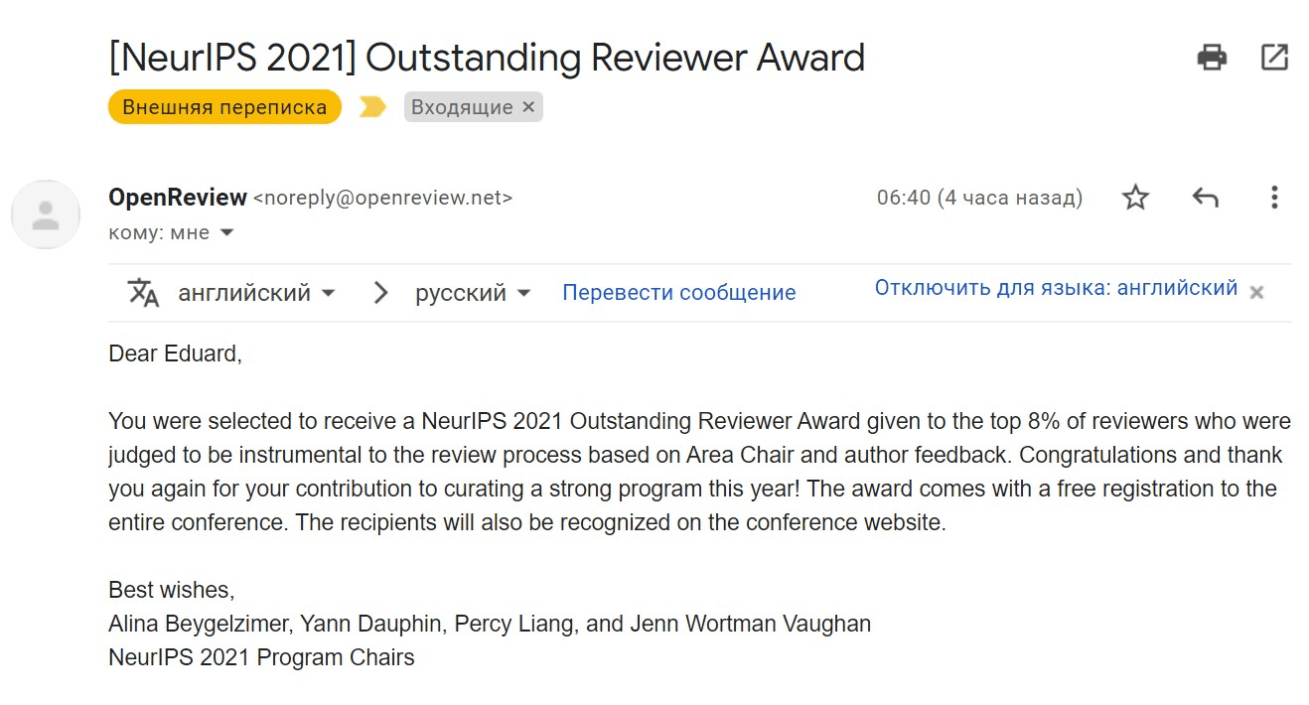

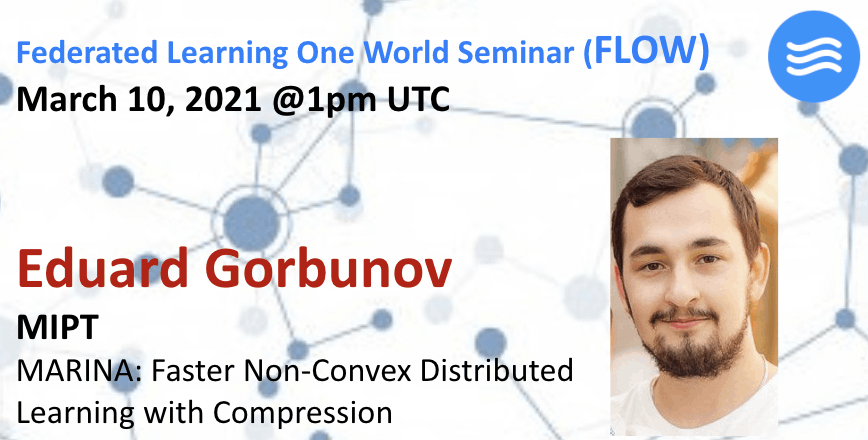


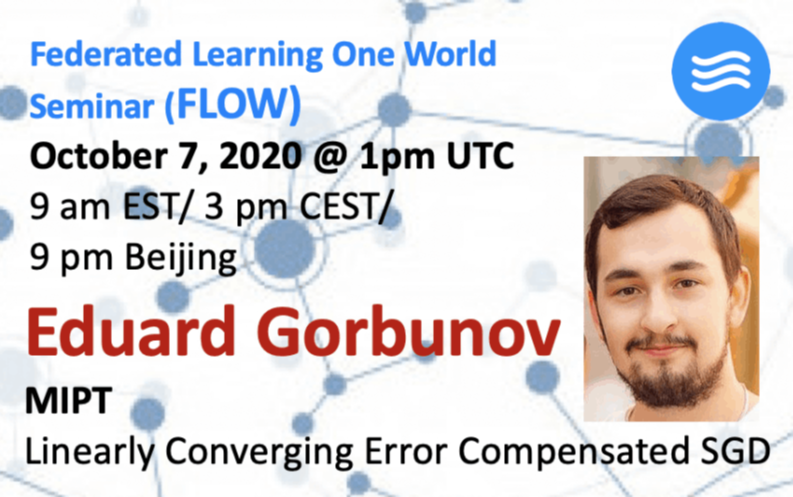
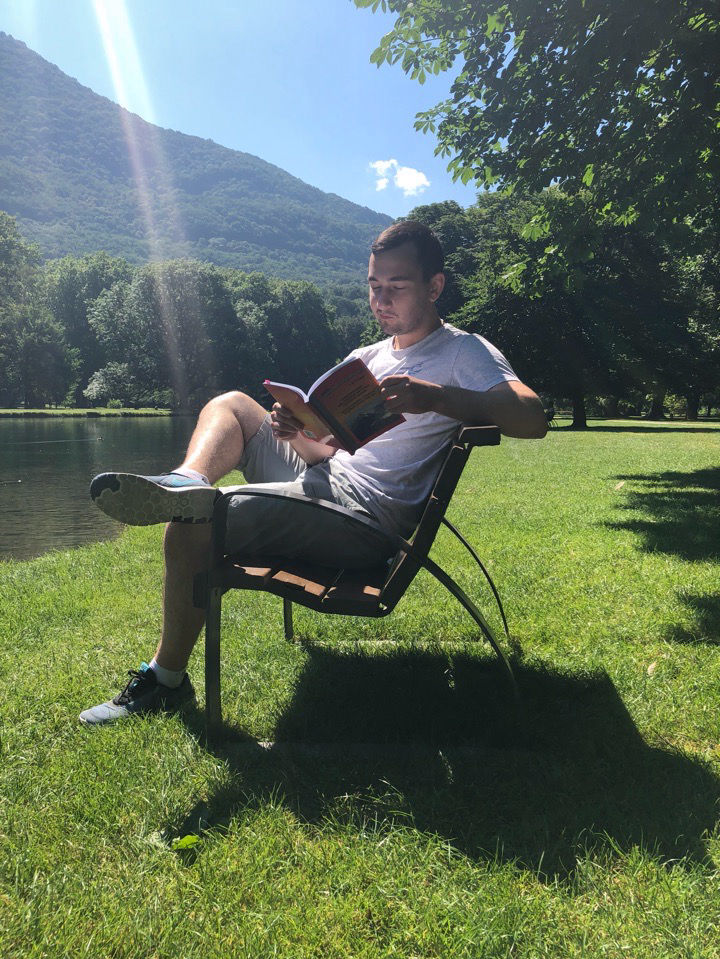
AI Website Generator